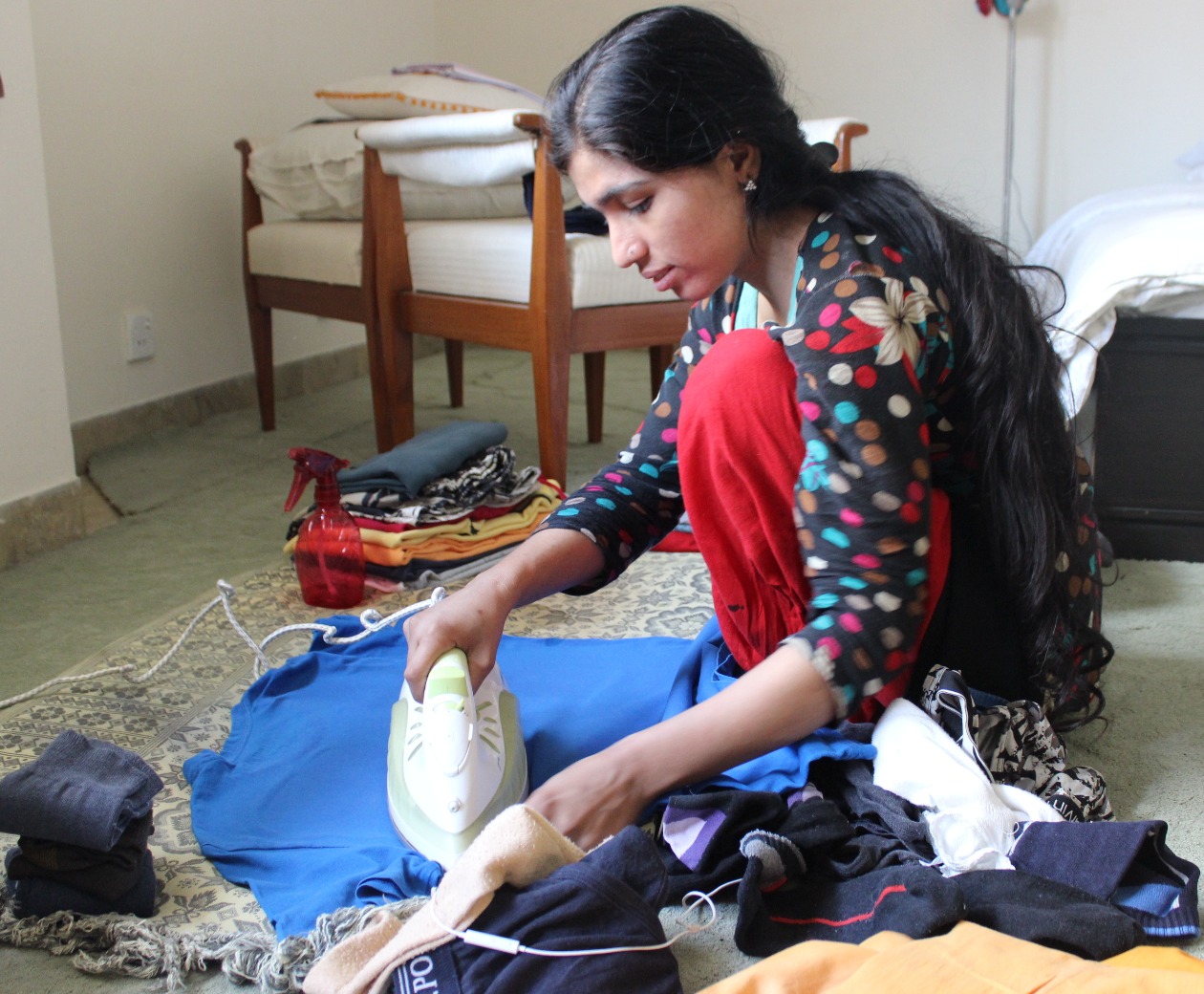Privatizing Social Security
By Martin Feldstein This volume represents the most important work to date on one of the pressing policy issues of the moment: the privatization of social security. Although social security is facing enormous fiscal pressure in the face of an aging population, there has been relatively little published on the fundamentals of essential reform through privatization. Privatizing Social Security fills this void by studying the methods and problems involved in shifting from the current system to one based on mandatory...



